Measuring the quality of Valley life
The Vital Signs program gives people an opportunity to influence the service plans for their communities
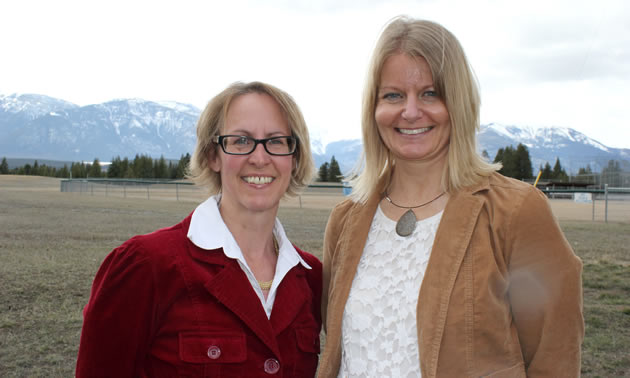
Roberta Hall (L) and Laurie Klassen are the chair and executive director, respectively, of the Columbia Valley Community Foundation. — Photo courtesy Laurie Klassen
Communities, like people, have many elements to be considered when overall health, vitality and quality of life are being measured. Vital Signs, an ambitious national program co-ordinated by Community Foundations of Canada and led by local community foundations, will compile feedback from citizens to measure the vitality of those communities and to support action that will improve the collective quality of life.
The Vital Signs program is being launched by the Columbia Valley Community Foundation (CVCF) in the Columbia Valley this spring. The initiative will be presented to individual residents in one of two formats: an online survey or, in the smallest communities, group meetings called community conversations.
“Just the process of community engagement is a huge win,” said Laurie Klassen, executive director of the CVCF. “For people to have a voice in what they believe are issue areas is really, really important. We are trying to get representation for the 8,000 people in our area, so our goal is to connect with 10 per cent of the population through completion of a survey or through our community conversations. We want to hear from as many voices as possible.”
The survey will include questions about learning, the environment, arts and culture, health and wellness, belonging and leadership, housing, work and safety, among others.
The online survey and the community conversations will begin in May, and the gathering of hard data will take place in June and July. In August the data will be compiled and analyzed, in September the report will be written, and reports from communities across Canada will be released on October 4, 2016.
Roberta Hall, chair of the CVCF, said, “We’re hoping that through Vital Signs we’ll get information that will help us to direct our granting to support our communities where there is the most need.”
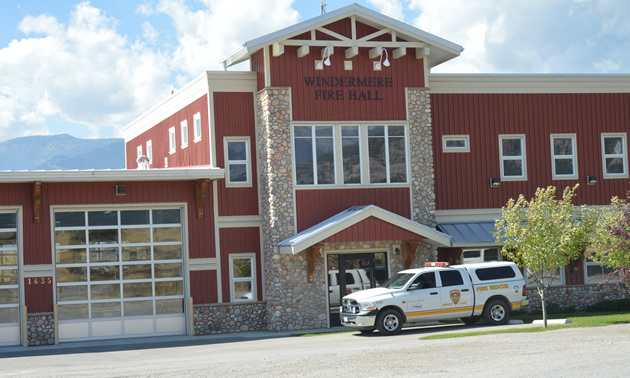
The Windermere Fire Hall, a landmark on Highway 93/95, is staffed by volunteers. — Marie Milner photo
“Before we start the data gathering,” Klassen said, “we're bringing together all of the people who are funders in our community so that they’re engaged in the process right from the beginning. When the report is ready we’ll share it with them, which may help them in their granting process. Our donors want to know where they can give to provide the most impact.”
Klassen promised that there will be a lot of press about the Vital Signs process through local media, and the online survey will be available on the CVCF website.
“We’re on a big campaign—we’re telling everybody we come in contact with about this,” she said. “Our Community Advisory Committee is a big part of getting us the engagement we’re looking for, because they represent the entire community—First Nations, youth, seniors and all the others.”
Vital Signs in the Columbia Valley has a project manager who will write the report, and the final version will be approved by the CVCF Board of Directors. They intend that the report findings be relevant and useful to all of the valley communities.
The next Vital Signs project will likely be conducted in 2018 or 2019.

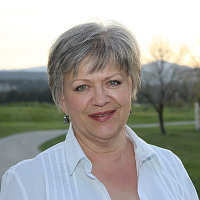
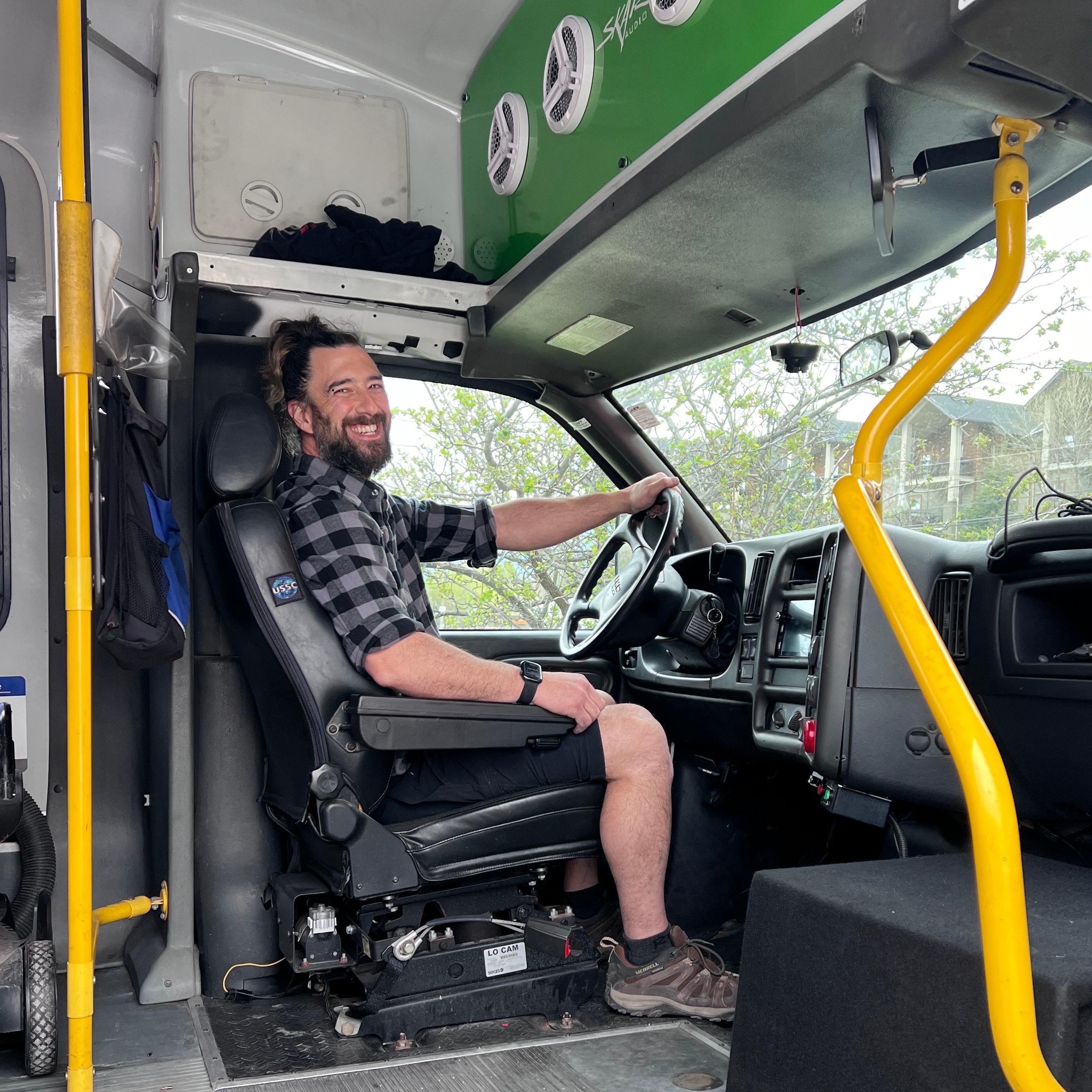
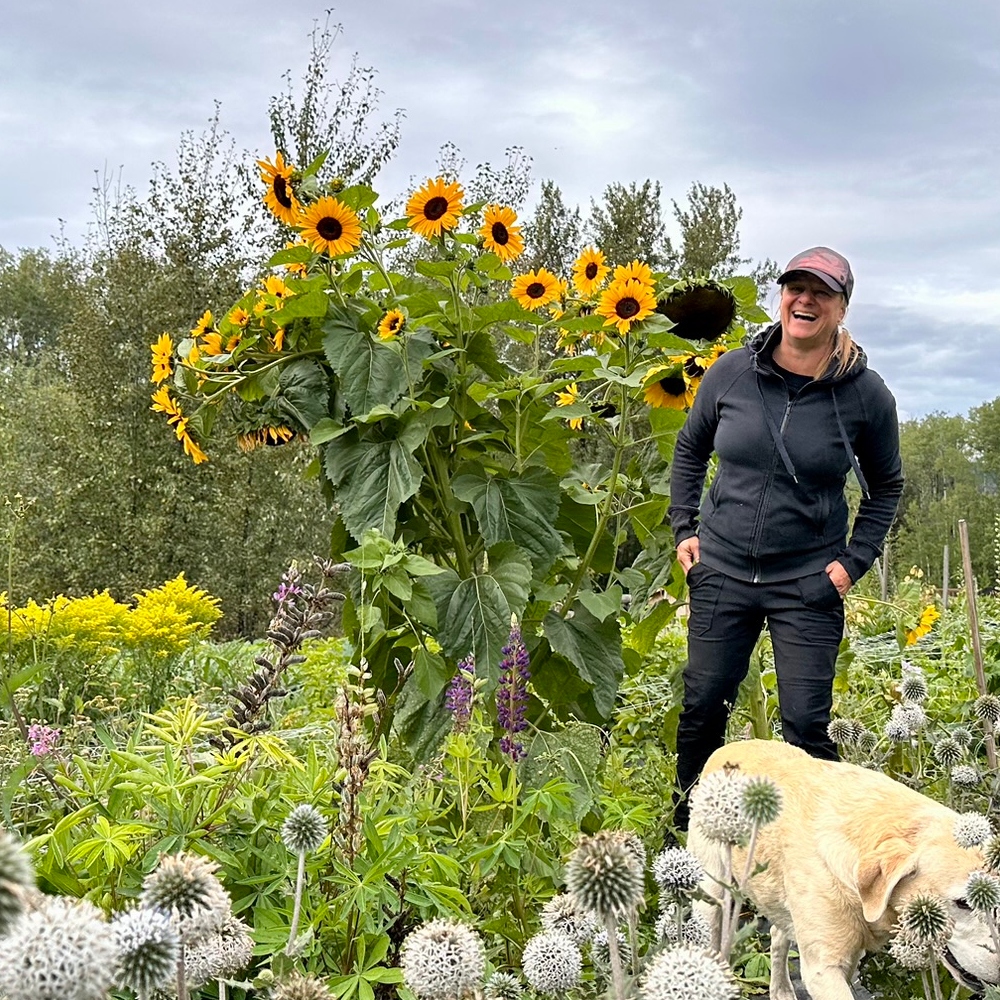


Comments